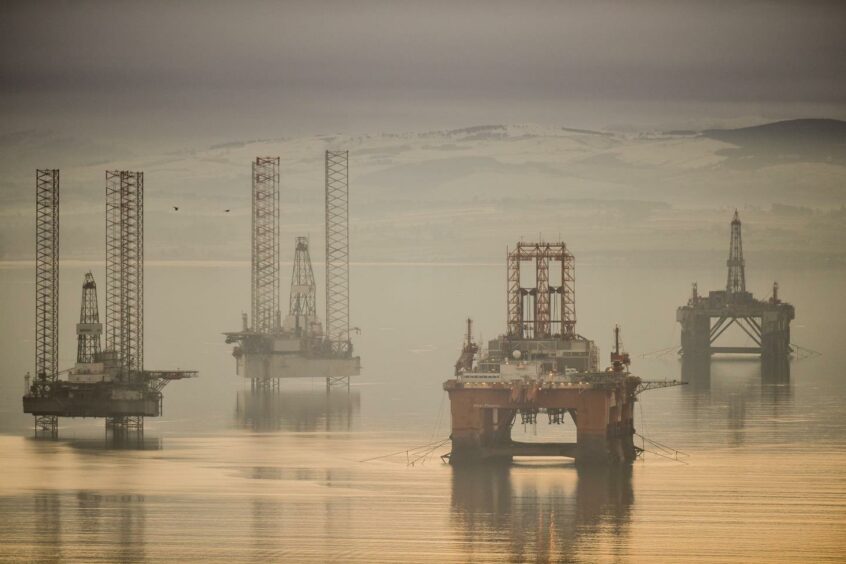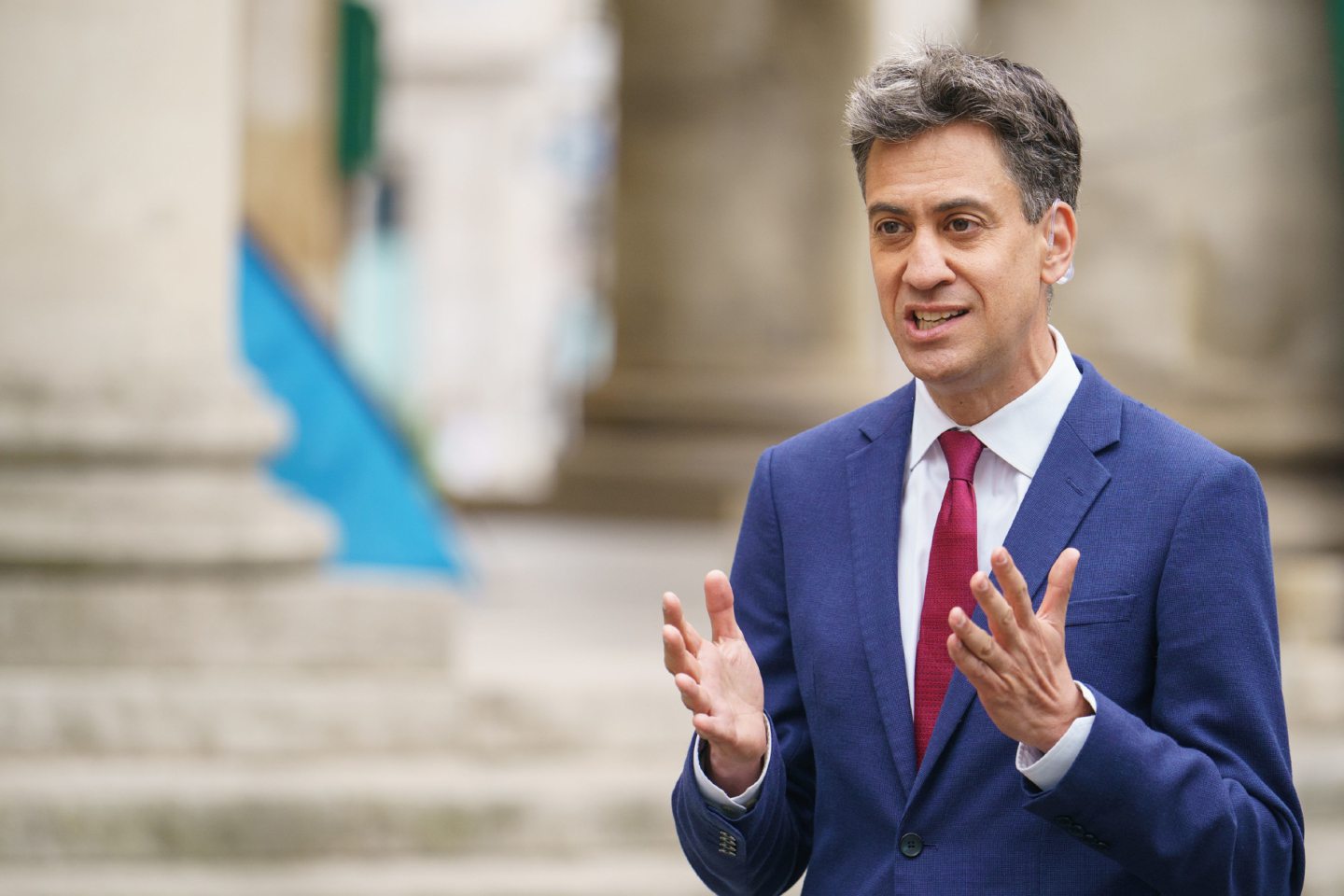
A windfall tax on North Sea oil and gas firms would be “economically illiterate” and could “perversely” drive up the domestic costs of energy, MPs have been told ahead of a key vote today.
In a letter to six north-east MPs, the Aberdeen and Grampian Chamber of Commerce (AGCC) also argued that the industry is already on track to pay “sufficient incremental tax revenues” that would “fund the support for consumers that some opposition parties have called for”.
Shadow Climate and Net Zero Secretary Ed Miliband has said Labour will put forth an amendment in Westminster today which would see a tax on oil and gas profits added to measures outlined the Queen’s Speech, in a bid to lower household bills.
AGCC policy director Ryan Crighton sent the letter after it emerged Labour aimed to force the vote.
He argued that North Sea firms were already forecast to fork out £8.1bn for 2022/23, and may yet pay closer to £10bn.
This would be a £7.2bn increase on 2020, driven by the rising price of oil and gas – which has in turn fuelled calls for energy firms to pay a windfall to allay the impact on consumers.
“It is our view that this short-term, economically illiterate move will achieve little apart from making the North Sea – already one of the world’s most mature basins – less attractive to investors,” Crighton said.
“This would place jobs, tax revenues and our domestic energy security at risk, and also limit ability and appetite to invest in the low carbon research and development we so desperately need.
“BP chief executive, Bernard Looney, has said that a windfall tax “would challenge investment in home-grown
energy.”
“Centrica boss Chris O’Shea said it would hit investment and push up costs in the long term.
“Dierdre Michie, chief executive of OEUK, warns that we risk heaping a supply crisis on top of an existing price crisis if the UK were to pursue such a policy.
“The view of the industry is clear; a windfall tax will divert investment, which, perversely, has the potential drive-up energy bills in the long term.”
Cost of living
Speaking during a series of broadcast interviews over the weekend, the Shadow Climate and Net Zero Secretary said that in the context of a worsening cost of living crisis and record oil and gas profits, the government’s decision not to pursue the measure was “shameful”.
Mr Miliband said the amendment would be put to the House of Commons on Tuesday 17 May, allowing all MPs to vote on the proposal.
“You can vote for a windfall tax or you can explain to your constituents why you are refusing to provide them the help that they need,” he told BBC’s Sunday Morning.
“I think it is obscene, frankly, that we have as a result of surging energy bills, oil and gas companies making billions of pounds in our country and the government refuses to put a windfall tax on them. It is shameful.”
Mr Miliband said the case for such a tax was now “unanswerable.”
“Every day that goes by is sleepless nights for millions of people with this government refusing to help.”
Conservative MPs have a choice.
⁰⁰Vote for Labour’s plan for a windfall tax on oil and gas producers or explain to their constituents why they refuse to help with soaring energy bills. pic.twitter.com/4ATSdCnxVX
— The Labour Party (@UKLabour) May 15, 2022
Analysis by the Labour Party has claimed the move could raise around £2 billion, based on updated forecasts by the Office for Budget Responsibility (OBR).
It’s not clear how the government would impose such a tax, and which companies would be liable.
However, Labour’s proposal would apparently involve hiking the industry’s current tax burden – comprised of 30% corporation tax plus a 10% surcharge – from 40% to a combined 50%.
Mr Miliband has been one of the leading figures in calling for the tax in recent months, though the proposal now has a growing list of supporters, including vice president of the Confederation of British Industry (CBI) and Tesco chairman John Allan.
In response to Mr Miliband, Mr Kwarteng told the Sunday Morning show that he did not believe in windfall taxes.
“What you are taxing is investment in jobs, you are taxing investment in wealth creation, you are taxing investment in new technologies,” he said.
“And that is what we want to see, we want to see more investment. We don’t want to see taxes that essentially act against any incentive to invest.”
Chancellor Rishi Sunak has repeatedly batted away the proposal, though recently appeared to softened that position, telling the internet forum Mumsnet that “nothing is off the table”.
Meanwhile, senior Tory Michael Gove has claimed the move is opposed by Aberdonians.
For its part, trade body Offshore Energies UK has claimed North Sea firms could spend up to £250 billion domestically by 2030 – a sum it says is “far greater” than what might be raised through a windfall tax.
Recommended for you

 © Ross Johnston/ Newsline Media
© Ross Johnston/ Newsline Media © PA
© PA